Due to the development of the blue economy, human activities at sea continue to increase and become more varied. Sustainable use and management of the marine environment is therefore a major challenge. It is therefore interesting for companies to be able to estimate the impact of their activities on the ecosystem and the services they provide so that they can take the necessary measures to make it more sustainable.
However, there is currently a lack of a general and applicable measurement method to quantify the environmental impact of local, regional and global (socio-economic) activities at sea. Within the SUMES project, a comprehensive model is therefore being developed that examines the extent to which the marine ecosystem is capable of providing certain goods and services. To achieve this, existing indicators for ecosystem services will be used in combination with risk assessment and life cycle analysis. The aim is to provide marine actors and research institutions with a reliable and deeper insight into the cause-effect chains. This information will then be used to develop a framework to support the decision-making process.
The project initially focuses on the Belgian Continental Shelf (BCS). Insight into the multidisciplinary and intensive use of this zone will make it possible to develop specific measures in the field of climate change, food and energy security and human health.
With its in-depth expertise in marine data acquisition and data visualisation, the Flanders Marine Institute (VLIZ) takes on the task of identifying, collecting, monitoring, making available, visualising and storing the existing data necessary for the (semi-)quantification of ecosystem services on the BCS.
In addition, VLIZ will lead the work package on ecosystem services at the BCS in which the demand side of the services will be examined and placed in a legal-political context. The current and future demand for ecosystem services in Flanders will be estimated on the basis of state-of-the-art methodologies and on the basis of the available scientific evidence and local and international forecasts.
In order to promote the success of the project, the SUMES project will involve close collaboration between companies, scientists and government institutions.
Partners:
- UGhent - Sustainable Systems Engineering (STEN) - project leader
- UGhent - Laboratory for Environmental Toxicology and Aquatic Ecology (Ghentoxlab),
- Flanders Marine Institute (VLIZ),
- University of Antwerp - Ecosystem Management Research Group (UA-ECOBE),
- The Blue Cluster; 8 industrial partners (DEME, Colruyt, IMDC, Port of Zeebrugge, eBO-Enterprises; Flemish Fish Auction; Harsonic; Maritech) and two government bodies (POM West Flanders; FPS Health, Food Chain Safety and Environment)
With the support of: VLAIO
Duration: September 2020 - August 2023


